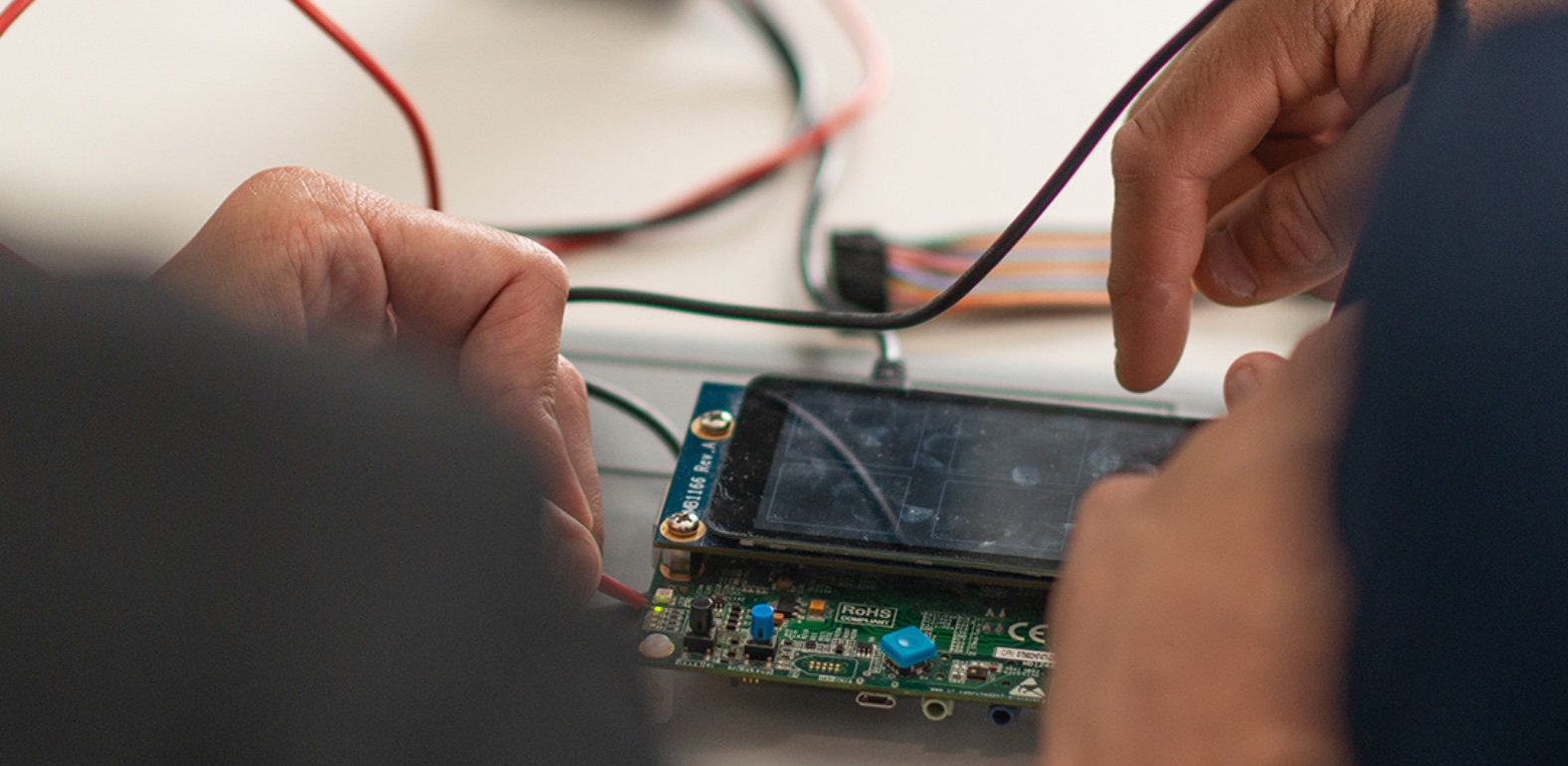Autonomous driving, vehicle electronics and interconnected systems? This is the course for you!
Electronic Engineering for Intelligent Vehicles
Pick Up Favorite Curriculum
Electronic Engineering for Intelligent Vehicles
Launching in the 2022/23 academic year, the Master’s Degree in Electronic Engineering for Intelligent Vehicles proposes a cutting-edge educational offer aimed at training engineers who will drive the application of ICT technologies to new-generation vehicles.
It is divided into two innovative curricula: Electronic and Communication Systems and Autonomous Driving Engineering – both of which focus on the most futuristic challenges in automotive engineering.
The pervasive use of electronics and information technology in today’s and tomorrow’s vehicles is a prerequisite for safer, greener, and more enjoyable driving. This calls for up-to-date professionals dedicated to the development, design and integration of electronic and information technology subsystems in new-generation vehicles.
The aim of this Master’s degree is to train engineers to work in this challenging and exciting field, with a particular focus on understanding the main electronic and communication systems and autonomous driving applications.
The course is administered by the University of Parma and the teaching locations are as follows:
- For the ECS curriculum, the first academic year is held at the Department of Industrial Engineering (Bologna campus) and the second academic year at the Department of Engineering Enzo Ferrari (Modena campus).
- For the ADE curriculum, the first academic year is taught at the Department of Industrial Engineering (Bologna Campus) and the second academic year at the Department of Engineering and Architecture (Parma Campus).

Admission Process
Admission is based on merit and interviews to assess motivation and skills.
To be admitted, students must have a bachelor’s degree or equivalent, an appropriate knowledge of basic sciences (mathematics, computing, statistics, physics and chemistry) and basic engineering subjects.
Students are also required to have an appropriate knowledge of English at least at level B2 of the Common European Framework of Reference for Languages.
Internship and Career Perspectives
Designed in close collaboration with leading automotive companies, the program enables graduates to integrate seamlessly into high-level roles in the research, development and manufacturing environments of the automotive industry and its technology providers.
At the end of the second academic year, the program also includes internships in private companies and lab-based thesis preparation activities that follow a “project work” approach.
Throughout the year, students attend seminars given by industry and international speakers, as well as factory visits.
The broad view of information technologies makes the graduate of Electronic Engineering for Intelligent Vehicles an ideal candidate for the role of project manager in the conception, design, production and maintenance of complex systems, where the overall functionality depends on the interaction of several heterogeneous systems.


